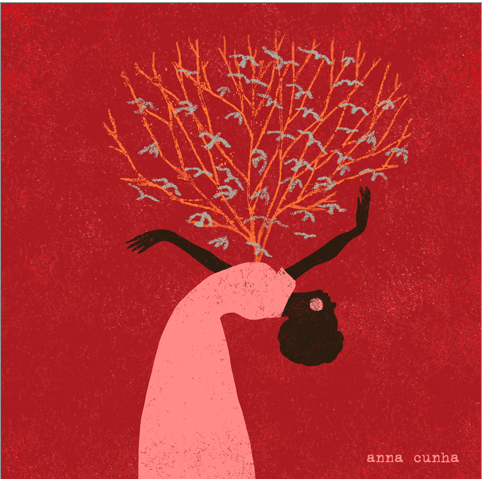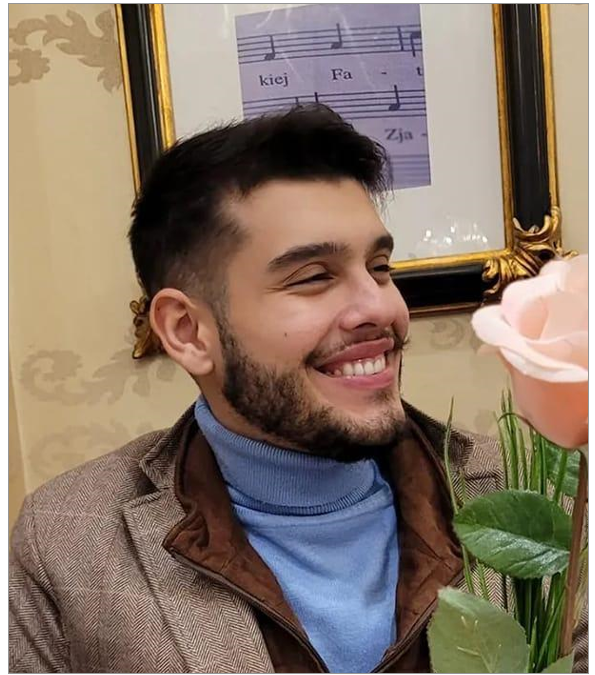Coping with cancer diagnosis: How to manage the emotional impact of a cancer diagnosis
Coping with cancer diagnosis: How to manage the emotional impact of a cancer diagnosis
Being diagnosed with cancer can be deeply terrifying, as it is a disease closely associated with the end of life. It’s common for people to initially think, “I’m going to die!” Dealing with the possibility of death is very difficult and distressing, as dying doesn’t only mean losing oneself but also losing everyone around you.
However, the reality nowadays is that cancer is no longer a death sentence! Health sciences offer numerous treatments for cancer patients, which can lead to a cure or at least long-term survival. That’s why talking about cancer is more about life, than death; existence comes to the fore with its greatest power.

In this experience, it’s common for these individuals to undergo a grief process. The grief of the body that is no longer the same, the grief of the disrupted routine due to treatment, grief for future plans that may be interrupted by the illness, or grief the separation from loved ones. This feeling isn’t easy, as it can involve sadness, anger, unhappiness, guilt, and even distress.
What often happens is that patients try to escape their own feelings, the famous “I’ll try not to think too much to avoid feeling.” But the grief process is adaptive. With eloquent words, we say that grief is a “psychosocial reorganization of an individual’s identity, who loses something or someone significant.” This reorganization is natural, human, and needs to be experienced in order to have greater balance and reestablishment of life afterward.
Nevertheless, taking care of emotions after a cancer diagnosis is closely related to taking care of one’s body, because humans are biopsychosocial beings. That is, we are an integration of our body, psyche and the context we live in.
So, I provide some tips for you, whether you may be a cancer patient or someone who has a relative, friend in treatment, or simply has an interest in the subject:
- Don’t suppress your feelings. Emotions are human experiences that reveal much about us; they show our needs and values. So, feel, because this is an important way to listen to yourself and take care of yourself, so you can address unresolved matters and understand what you lack.
- Preserve a minimal routine. A cancer diagnosis is often linked to treatment, which can disrupt your routine to varying degrees. However, finding a small routine amidst the fluctuations of daily life is beneficial. Even if it’s just waking up and spending 10 minutes on your phone, always having lunch in a specific spot, or working twice a week. Maintaining a routine allows a sense of continuity, helping your body cope with the already unstable conditions of treatment.
- Write your story. We are unique, and our stories are entirely irreplicable; they make us who we are. With all the victories, mistakes, happiness, and suffering, reflecting on who we once were and what we’ve lived through can be a way to celebrate our existence. So, grab a pen, paper, or laptop, and begin!
- Last but not least: Create a “Bucket List.” Every person, regardless of their condition or age, should make one. In it, you can put/write everything you still want to do in this life. It can range from more complex things like “climbing Mount Everest” to something as simple as “eating a chocolate cake.” Even in the small things, there is still much to be accomplished.
I hope these tips have made some sense to you. May life, so imperative and urgent, always be infinite in each minute you live!

Vinicius Contin Carabolante
Psychologist, Masters in Clinical and Health Psychology
University of São Paulo – Brazil | University of Maia – Portugal